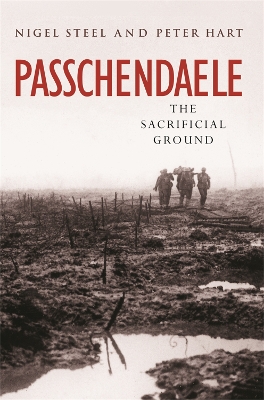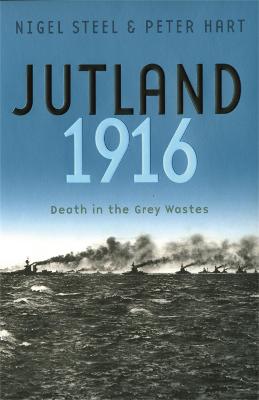Cassell Military Paperbacks
4 total works
A compelling account of the battle for Passchendaele from grand strategy at the highest levels right down to the experience of the ordinary infantrymen.
In the autumn of 1917, after years of stalemate at Ypres, the British and French armies launched a massive offensive to take Passchendaele Ridge. Following an intensive bombardment the Allies began their attack, but the low ground between the lines had been churned into a quagmire, and the attack was literally bogged down.
All surprise had been lost, and the German defence in depth was well organised. For the first time the Germans used mustard gas, while German planes flew low to strafe the British infantry with machine guns. After two and a half months the British finally took the ridge they had been aiming for, but at the cost of over 300,000 Allied lives. German losses in the offensive were estimated at 260,000.
Based on the archival holdings at the Imperial War Museum, this book gathers together a wealth of material about this horrific offensive. A history to appeal to the scholar and the general reader alike.
Dramatic, illustrated account of the biggest naval battle of the First World War.
On 31 May, 1916, the great battle fleets of Britain and Germany met off Jutland in the North Sea. It was a climactic encounter, the culmination of a fantastically expensive naval race between the two countries, and expectations on both sides were high. For the Royal Navy's Grand Fleet, there was the chance to win another Trafalgar. For the German High Seas Fleet, there was the opportunity to break the British blockade and so change the course of the war. But Jutland was a confused and controversial encounter. Tactically, it was a draw; strategically, it was a British victory.
Naval historians have pored over the minutiae of Jutland ever since. Yet they have largely ignored what the battle was actually like for its thousands of participants. Full of drama and pathos, of chaos and courage, JUTLAND, 1916 describes the sea battle in the dreadnought era from the point of view of those who were there.


